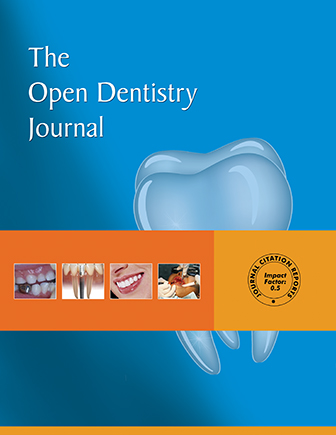Endodontic Treatment in Pregnancy: Knowledge, Attitudes, and Practices of Dentists and Interns in Jeddah, Saudi Arabia
Abstract
Aim:
Pregnant women require special consideration in dental treatment due to physiological changes during their pregnancy. The aim of this study is to assess the knowledge, attitudes, and practices of dentists and dental interns in Jeddah, Saudi Arabia, regarding endodontic treatment during pregnancy.
Methods:
A cross-sectional study was conducted using validated self-report questionnaires completed by 450 dental interns and dentists who treat pregnant women in governmental and private dental clinics in Jeddah, Saudi Arabia. The questionnaire measured participants’ knowledge, beliefs, and actual practices regarding behavioral counseling and the treatment of pregnant patients. Descriptive statistics were generated, and significance was set at 0.05.
Results:
A total of 86.4% of the participants acknowledged the importance of endodontic treatment for pregnant patients and responded that most endodontic procedures are considered safe during the second trimester, including periapical radiographs (67.11%), endodontic treatment (81.11%), local anesthesia with and without epinephrine (70.67%), open access (83.78%), drainage of abscesses (76.89%), prescribing acetaminophen (75.56%), and prescribing antibiotics (61.11%). In addition, 57.8% knew that Nonsteroidal Anti-inflammatory Drugs (NSAIDs) are contraindicated. However, 69.33% considered panoramic radiographs contraindicated. Knowledgeable participants were significantly more likely to practice appropriate endodontic procures. The majority (70.9%) were interested in more education about pregnant patients.
Conclusion:
Dental interns and dentists in Saudi Arabia have fair levels of knowledge about endodontic treatment of pregnant patients, and need to improve their knowledge, especially regarding radiographs and NSAIDs.


